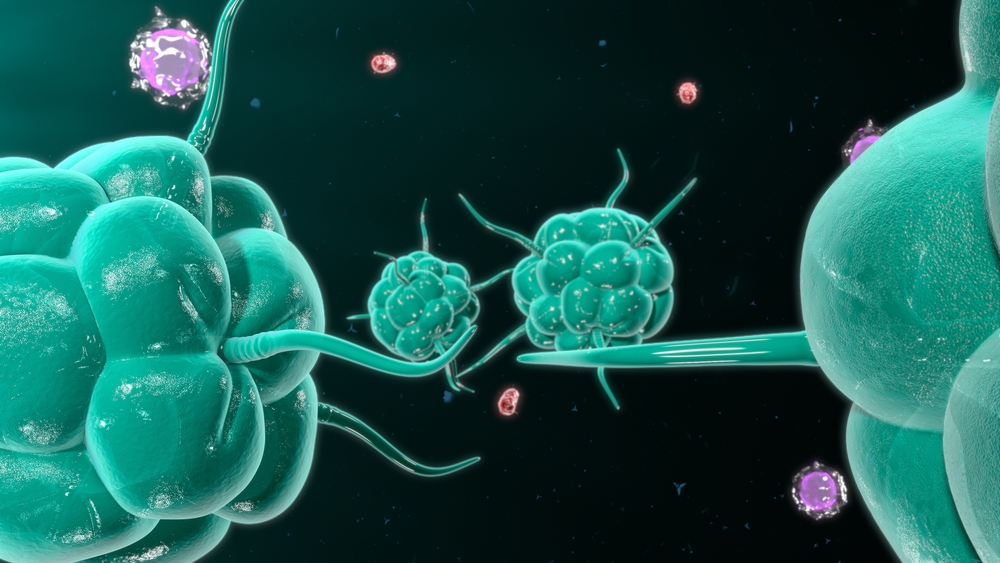SÃO PAULO, BRAZIL – The University of São Paulo (USP), through a three-way agreement signed by the French Pasteur Institute and the Brazilian Oswaldo Cruz Foundation (Fiocruz), inaugurated on Thursday, June 4th, the Scientific Platform Pasteur-USP in the Innovation Center in the west zone of São Paulo capital.

The platform encompasses a set of 17 laboratories from the renowned French institute focused on the research of emerging pathogens — organisms capable of causing infectious diseases in its host — whose infections can cause damage to the central nervous system, such as the viruses zika, dengue, yellow fever, and influenza.
“The main concept is a scientific strategy aimed mainly at finding solutions for agents that cause an epidemic, such as zika, dengue, and mayaro viruses,” said researcher Paola Minoprio, research director at the Pasteur Institute and coordinator of the platform, along with professor Luiz Carlos Ferreira, director of the Institute of Biomedical Sciences (ICB) at USP.
According to the director, USP was chosen because of the research carried out by the university and the proximity of the studies developed by the two institutions. “Pasteur’s lines of research are very similar to those of the ICB, and the two institutes already develop cooperative projects.” According to USP, the institutes perform research in the fields of immunology, cell biology, microbiology, and parasitology in common.
The platform, partially financed by the French government, has a total area of 1,700 m, where the seventeen laboratories will operate. Of these, four are aimed at a higher level of safety, called “biosafety level 3”, on a scale of one to four. The rooms are 200 square meters, and each comprises three pressurized chambers, ensuring the control of the pressure to avoid contamination of the external environment.
The Pasteur Institute currently has 33 research centers in 26 countries, all members of the International Network of the Pasteur Institute.

